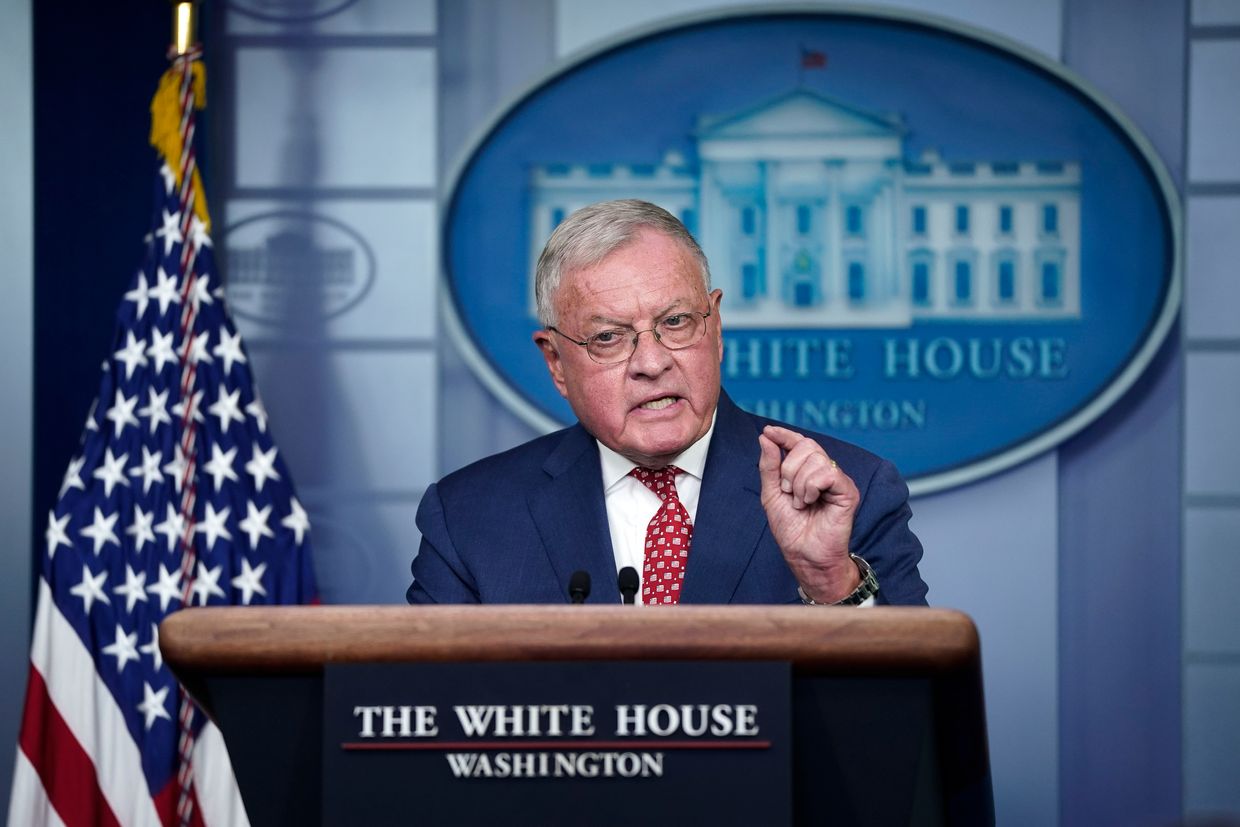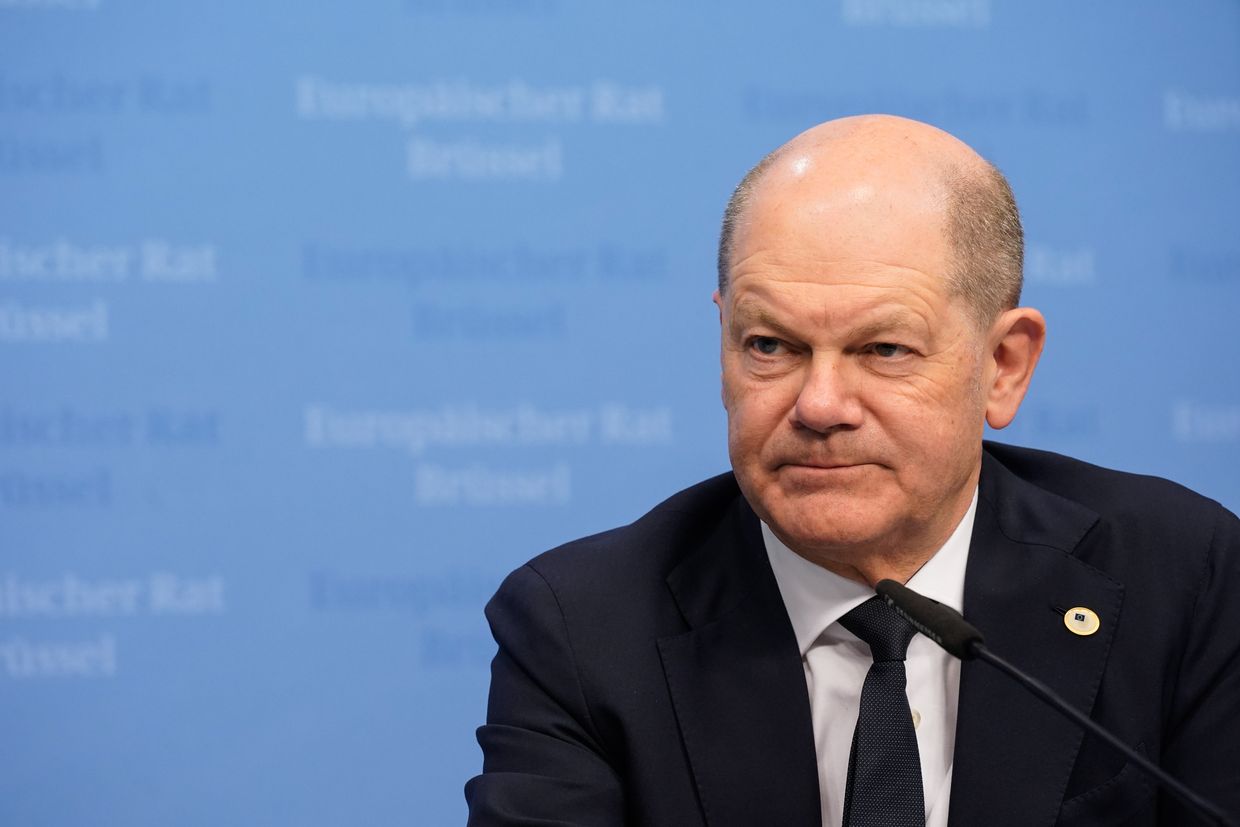German Chancellor Olaf Scholz criticized U.S. President Donald Trump's proposal to tie military aid for Ukraine to access to the country's rare earth resources, calling it "very selfish and self-centered," Spiegel reported on Feb. 4.
Speaking after an informal meeting of European leaders in Brussels, Scholz reportedly stressed that Ukraine should first be helped to "get back on its feet" and that its resources should be used for reconstruction after the war.
This comes as Trump told reporters on Feb. 3 that he was seeking a deal where Ukraine would "secure what we're giving them with their rare earths and other things," though he did not specify which materials Washington is targeting.
A source in the Presidential Office told the Kyiv Independent that sharing Ukrainian resources with allies is already part of President Volodymyr Zelensky's "victory plan," which has been presented to foreign leaders, including Trump.
Trump's remarks come amid uncertainty over the future of the U.S. aid to Ukraine.

The U.S. has provided $65.9 billion in military aid to Ukraine since the start of Russia's full-scale invasion, with assistance remaining unaffected by the current aid freeze, Zelensky confirmed on Jan. 25. Non-military programs run by the U.S. Agency for International Development (USAID) have lost funding under the new administration.
USAID has provided Ukraine with $2.6 billion in humanitarian aid, $5 billion in development assistance, and over $30 billion in direct budgetary support. In response to the funding cuts, Ukraine's parliamentary committee on humanitarian and information policy has begun consultations with European partners to temporarily replace U.S. funding.
Under Scholz's leadership, Germany has become Ukraine's second-largest military donor after the U.S. However, the chancellor has resisted providing Taurus long-range cruise missiles, citing escalation concerns.
Scholz has also blocked the proposed additional security assistance for Ukraine worth 3 billion ($3.09 billion) euros unless it is covered by additional government borrowing.
The plan, backed by German Foreign Minister Annalena Baerbock and Defense Minister Boris Pistorius, included three additional Iris-T air defense batteries, 10 howitzers, and more artillery ammunition.














